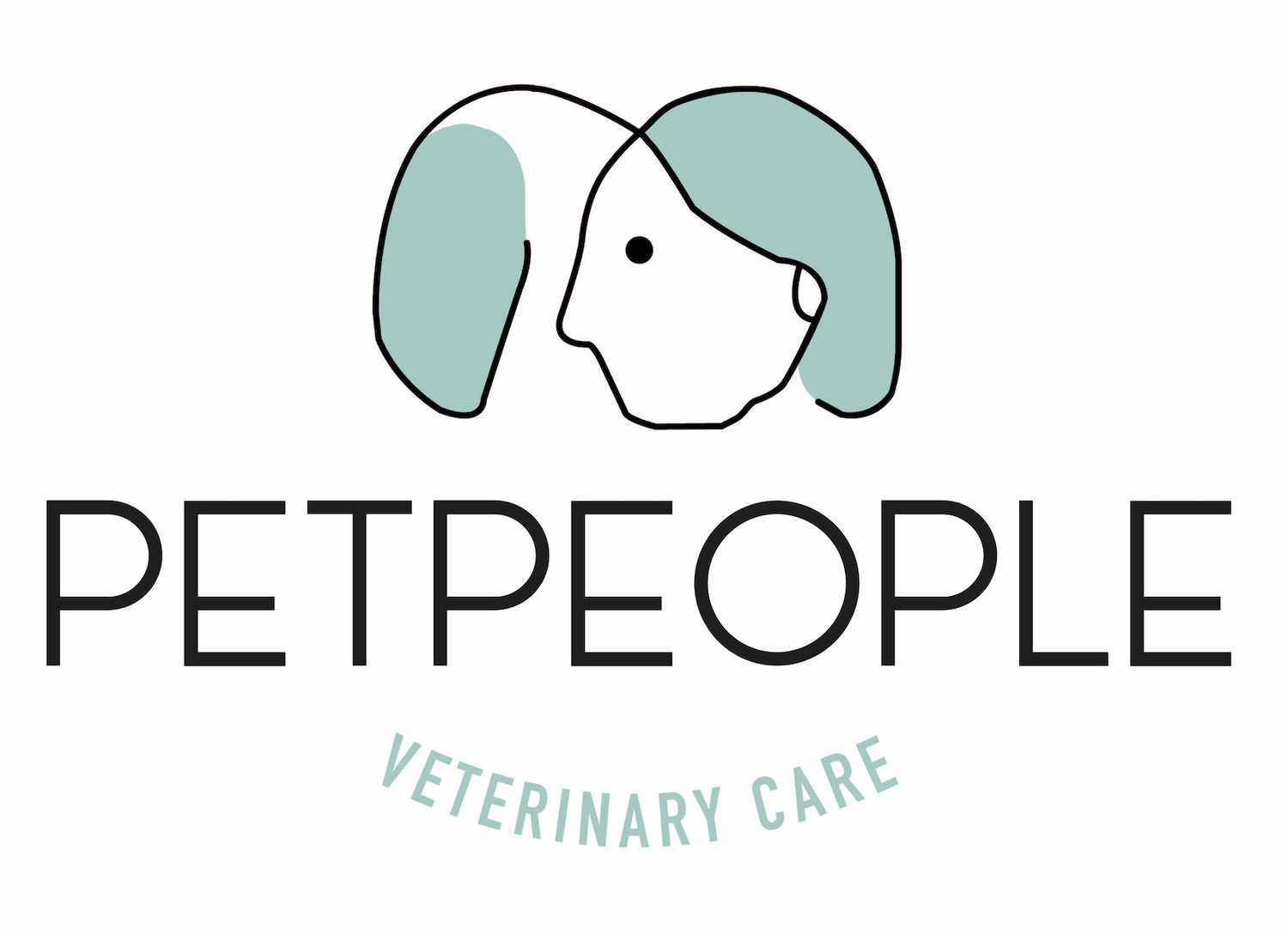Osteoarthritis
What is Osteoarthritis?
Osteoarthiritis (OA) is a degenerative disease of the synovial characteristics of joints. This causes deterioration of the joint cartilage (spongey layer) and formation of new bone.
It is estimated that 8-20% of dogs suffer from OA with over 6.5 million dogs diagnosed in the UK. OA can also affect cats although it can be more challenging to diagnose in cats, it is thought that the majority of cats over the age of 8 experience some symptoms of OA.
How is OA Diagnosed?
The presenting signs for OA are lameness, limping, stiffness after rest and altered behaviour. The affected joints can also appear to have a reduced range of movement, crepitus (clicking joints) and appear thickened or red. Examination with a Veterinary Surgeon is required to confirm a OA diagnosis and x-rays and joint fluid analysis can be used to do this. OA it is not a ‘curable’ condition but it is manageable. The condition is irreversible and so must be managed with long-term treatment.
How is OA Managed?
There are multiple approaches to managing OA and it is thought that a multi-modal approach is best. Simply put, this means we use a combination of treatments to best manage the condition. Treatments include:
Exercise
Pain management
Weight Loss
Surgery
Therapy (Hydro/ Laser)
Managing Osteoarthritis
Exercise
Regular exercise is important to maintain muscle strength and prevent atrophy (loss of muscle). Depending on the stage of OA, the intensity and duration of exercise should be adjusted and it is recommended to keep exercise 'low-impact' and 'little and often'.
Hydrotherapy is very beneficial to OA patients- ask your vet for more information about this.
Pain Management
Pain relief and anti-inflammatory medications are most often dispensed for OA patients. These can consist of medications such a Metacam, Loxicom, Onsior etc. In addition the use of steroids and other stronger pain relief medications can be used.
Nutraceuticals
Alongside this, nutritional supplements that are high in omega 3 fatty acids can be very beneficial in aiding OA treatment. These can be used alongside the majority of other pain relief medications. A popular nutraceutical that we use here at Pet People is Antinol.
Weight Loss
Weight loss is one of the most important treatment options to manage OA. By reducing your pets weight you are reducing the weight load through that joint which will in turn reduce inflammation and pain.
Surgery
Surgery can be an option in some cases to treat the 'primary' cause of the condition. For example a cranial cruciate rupture. In cases where the patient is exceptionally painful and is not responding to the other treatment options, joint replacements and/or fusion can be considered. This is often a complex surgery that will require referral to a specialist hospital.
If you think your pet might be suffering from Osteoarthritis, let’s get them booked in to see us!


